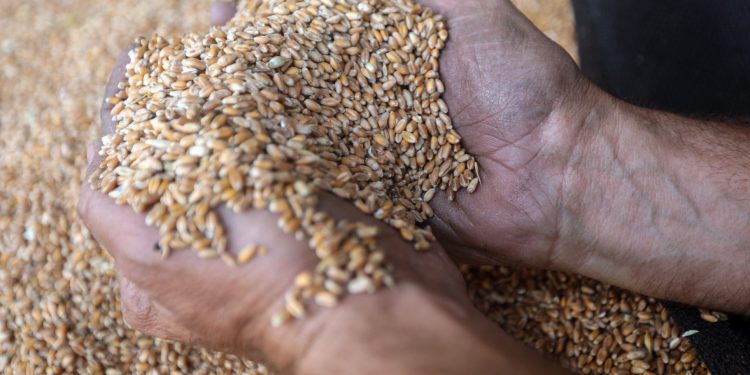Bloomberg says that for analysts at Bank of America, the record surge in food prices illustrates risks at the intersection of environmental and societal crises. And the impact is huge, ranging across agriculture and food retailers to wholesalers, hospitality and gaming companies and even telecommunications providers.
Not only are rising food prices adding to concerns about poverty, hunger and political instability, they’re shining a light on the climate crisis as more than one-third of greenhouse gas emissions are tied to the production, distribution and consumption of food.
Feeding the world while moving toward sustainable practices was already hard enough.
For investors, the risks are pervasive, said Kay Hope, London-based head of Environmental, Social, and Governance (ESG) for global fixed-income research at Bank of America. In the short term, Russia’s war on Ukraine caused food prices to climbmore than 36% year-on-year in March. While that increase may take a few months to filter through to the consumer, it’s likely to weigh on the broader financial markets, she said.
Over the longer term, climate change and its impact on food supplies is a huge worry, not only for the emerging markets but for developed markets as well. As the world gets warmer, it will become more difficult to grow enough food and ensure that it gets to enough places to feed a growing global population, Hope said.
And fixing food security means addressing climate change, and that’s an enormous undertaking.
In a report entitled “Food Security: Environmental Meets Social,” Bank of America analysts said climate change will alter what can be grown and where, while also increasing extreme weather patterns and affecting the spread of pests and disease.
They added that about one-third of food produced annually is lost or wasted, and that discarded food accounts for about 8% to 10% of greenhouse gas emissions. Equally alarming is the fact that about one quarter of that wasted food could feed almost 900 million hungry people.
Citing data from Global Food Security UK, the the analysts concluded that this sorry state of affairs “could lead to food production shocks, food price spikes, food security crises and potential civil unrest.”























